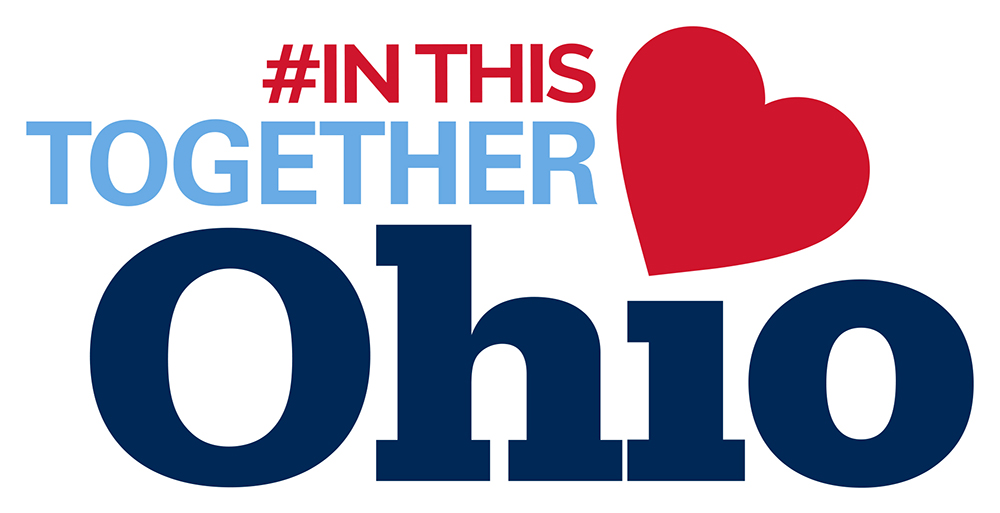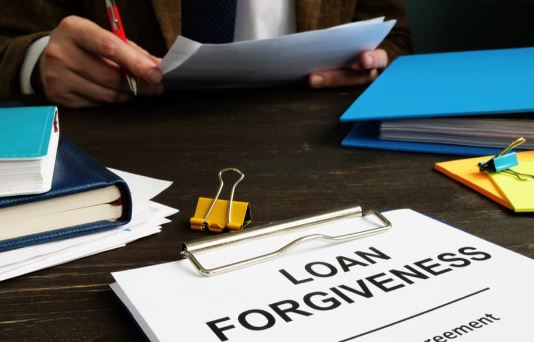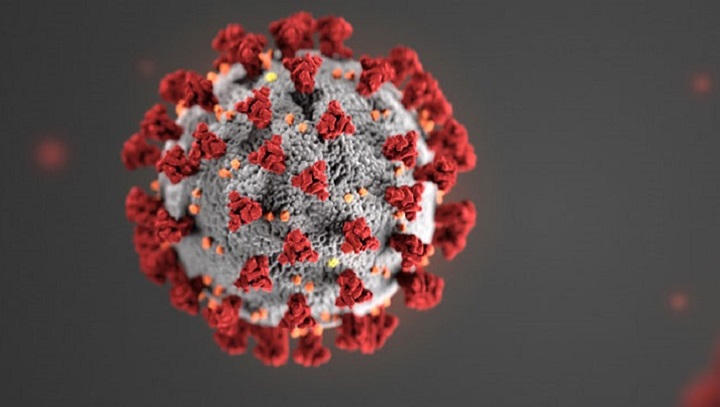New PPP Changes For Small Businesses
 The Biden Administration announced this week that it will institute a two-week period starting Wednesday, 2/24 during which only businesses with fewer than 20 employees will be able to apply for Paycheck Protection Program (PPP) loans.
The Biden Administration announced this week that it will institute a two-week period starting Wednesday, 2/24 during which only businesses with fewer than 20 employees will be able to apply for Paycheck Protection Program (PPP) loans.
The exclusive application window is one of several moves the White House said it is making to further target the PPP funds to the smallest businesses. The administration also will:
- Change the PPP loan calculation formula to help sole proprietors, independent contractors, and self-employed individuals receive more financial support. In addition, $1 billion will be set aside for businesses in this category that don’t have employees and are located in low- and moderate-income areas. Details of the changes have not yet been released.
- Eliminate a restriction preventing small business owners with prior nonfraud felony convictions from obtaining relief through the PPP.
- Remove a rule preventing small business owners who are delinquent on federal student loan payments from securing a PPP loan.
- Allow noncitizen small business owners who are lawful U.S. residents to use individual taxpayer identification numbers (ITINs) to apply for relief.
The administration said the 14-day exclusive application period is designed to help the 98% of small businesses that have fewer than 20 employees, noting that these businesses often struggle more than larger businesses to collect the necessary paperwork and secure a PPP loan through a lender.
The White House statement also said that the administration would continue to work with lenders and other stakeholders to address PPP processing delays caused by anti-fraud validation checks that must be completed before loan guaranty approval is granted. The statement said the U.S. Small Business Administration (SBA) would continue to work with lenders to create streamlined processes to resolve issues as quickly as possible while still working to ensure taxpayer funds are spent wisely.
The administration also will make the following moves:
- Update key areas of SBA websites to help more applicants find resources for understanding relief options and completing applications.
- Continue to conduct stakeholder outreach to learn more about challenges and opportunities in the implementation of current emergency relief plans.
- Launch a new initiative to increase communication with lenders. Specifically, the SBA will increase opportunities for lenders to provide recommendations and ask questions about the PPP. The goal is to drive resolution of open questions and concerns in a more streamlined way.
The application window for the current $284 billion iteration of PPP is scheduled to close March 31.
For any questions regarding this announcement or assistance with your PPP filing, please contact your Whalen advisor.
Source: Journal of Accountancy



 The Small Business Relief Grant is designed to provide relief to Ohio businesses that have been negatively affected by COVID-19.
The Small Business Relief Grant is designed to provide relief to Ohio businesses that have been negatively affected by COVID-19.
 The SBA and Treasury Department released additional guidance related to the Paycheck Protection Program (PPP) this week. The guidance covers a simplified forgiveness application process for loans of $50,000 or less, clarification of the deferral period for PPP loan payments, and procedures required for changes of ownership of an entity that has received PPP funds.
The SBA and Treasury Department released additional guidance related to the Paycheck Protection Program (PPP) this week. The guidance covers a simplified forgiveness application process for loans of $50,000 or less, clarification of the deferral period for PPP loan payments, and procedures required for changes of ownership of an entity that has received PPP funds.


 The Senate passed the House Coronavirus Bill (
The Senate passed the House Coronavirus Bill (